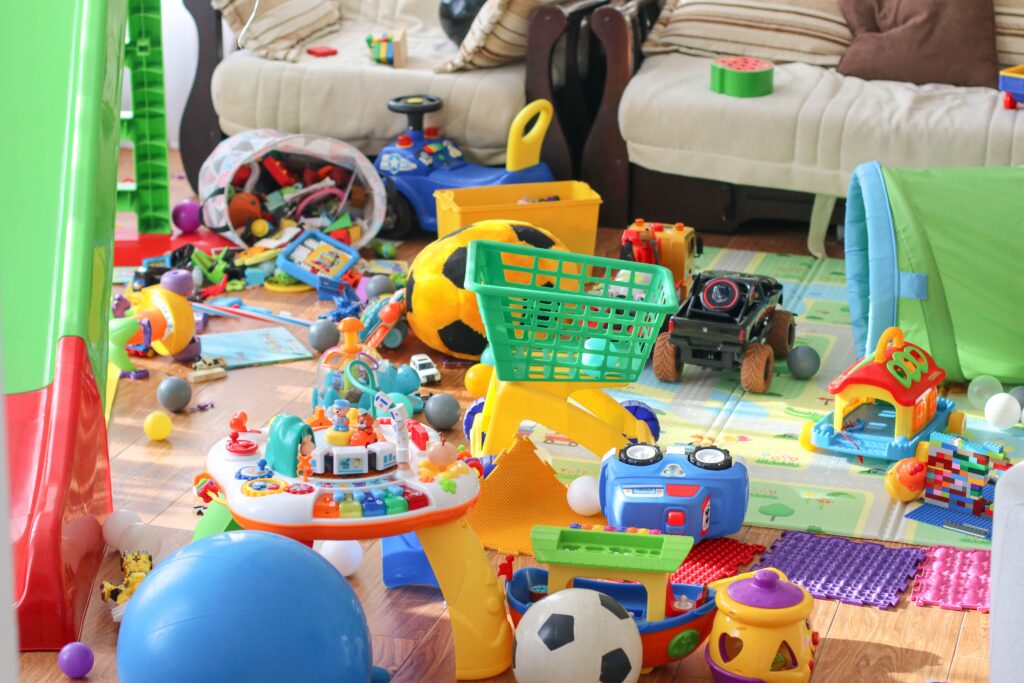| Refresh | This website greator.com/en/concentration/ is currently offline. Cloudflare's Always Online™ shows a snapshot of this web page from the Internet Archive's Wayback Machine. To check for the live version, click Refresh. |

Concentration is the ability we need to focus on a subject, thought or object. In order for us to concentrate and focus our attention specifically on one thing, we need to block out other thoughts, feelings and sensations.
Not everyone succeeds in working with concentration over a longer period of time. This is also due to the fact that the ability to concentrate is different for each person. Noise and other sources of disturbance can have a negative impact on concentration.
Concentration disorders occur in children and adults. Poor grades in school are often due to problems with concentration. The ability to concentrate can be trained. We have compiled eight effective tips for you that will help your child improve their ability to concentrate!
The term concentration comes from the Latin word "concentra". Translated, it means "together to the center". This concentration definition describes that it is a willful focus on a specific task.
Our brain is responsible for processing information. However, the human mind can only process information to a limited extent. Therefore, we have to consciously concentrate on our tasks in order to grasp all the content. Concentration is not the same as attention or alertness (vigilance).
In educational psychology, it is described as a state that must be achieved in order to perform cognitively. Examples of particularly high concentration are the Hypnosis and autogenic training. Both methods are considered concentrative relaxation. Concentration is also central to yoga and meditation.
Sensory overload, distracting environmental stimuli or lack of interest can reduce the ability to concentrate. It is normal that concentration is not equally good every day. It is subject to fluctuations. Emotions, moods and hormones can affect the ability to concentrate, as can fatigue, stress, physical or mental illness. However, concentration can be increased. There are various methods and techniques that are suitable for improving the ability to concentrate.

Is your child having a hard time concentrating? Concentration problems can have many reasons. It is not always a matter of a lack of concentration. Often problems with concentration are caused by unfavorable circumstances and are of a temporary nature.
These factors can affect concentration in children:
Excessive demands at school can lead to your child having no desire to learn. The difficulty in concentrating is then triggered by stress. Children can only concentrate for a certain amount of time. With the help of standardized attention stress tests, concentration can be calculated. As a rule of thumb, preschoolers can concentrate for a maximum of 15 minutes, 7 to 10-year-olds for about 20 minutes and 10 to 12-year-olds for a maximum of 25 minutes.
Family problems can negatively affect concentration. Is your child worried about whether everything is okay at home? Children instinctively sense when family life is out of balance, a separation or divorce of the parents is imminent. Jealousy between siblings can also contribute to a temporary drop in concentration until the conflict is resolved.
No one can concentrate without sleep. If your child sleeps too little, he or she will be tired and unable to concentrate during the day. Children have a higher sleep requirement than adults. While an adult can easily get by on six to eight hours of sleep at night, schoolchildren are only properly rested after ten or eleven hours.
Nutrition has a great influence on the ability to concentrate. A diet that mainly includes fast food, convenience foods and sweets lacks vitamins and minerals that are needed for physical and mental development. A varied, balanced diet with plenty of fresh fruit and vegetables is healthier.
Loud radio music or a running television are distracting when doing homework. Concentration drops when your child is constantly distracted. Computer games or chatting with friends have to wait until schoolwork is done. Is it possible to promote concentration but not overtax children?
If you want to help your child, it is important to identify the causes of the Recognize concentration disorders at an early stage. Reasons for concentration difficulties can be physical problems, such as low blood pressure (hypotension), an underactive thyroid (hypothyroidism) or an allergy.
A psychologically caused lack of concentration is due, among other things, to depression, Anxiety disorders or attention deficit hyperactivity disorder (ADHD). A discussion with the pediatrician can bring clarity. The pediatrician will arrange for specific examinations and tests to find the causes of the concentration problems.
Children are inquisitive and interested in their environment. If they enjoy learning, they concentrate on their tasks. Boring or overly demanding work, on the other hand, generates frustration, which has an unfavorable effect on the ability to concentrate.
Concentration can be improved by exercising it regularly. There are a variety of simple measures that are suitable to improve the Promote concentration in children. These include:
Constant criticism creates negative emotions. Praise your child when he or she does something right. This will motivate them to learn. Support self-motivation. Encourage your child to focus when completing important tasks. Schoolwork can be broken down into small steps. In this way, your child will achieve partial success. The child will experience that concentrated work pays off.
Arrange regular study times. Doing homework should not take up too much time. Small breaks in between help you to relax so that you can then concentrate fully on your schoolwork again.
Lack of exercise causes concentration to drop. Plan sports activities if you want to help your child improve concentration. This can be playtime on the playground, soccer with dad, swimming lessons or a sporting hobby where your offspring can really let off steam.
Children who can concentrate well learn faster. Boosting concentration is important for achieving good results at school. With these 8 effective tips, you can help your child improve concentration:
Children need a regular daily routine. Bring structure into the daily routine by setting aside specific times for learning, play and fun. Don't overwhelm your child. Multitasking is a big challenge for adults, too. Children should be able to focus on one thing, but not do several things at once.
Regular breaks are important! The brain needs the short interruption to regenerate. Breaks promote concentration. Set priorities. Your child has too much homework? Decide together which work is urgent and which can be done at a later time.
Demanding tasks that take a long time to complete encourage learning frustration and bad moods. Create a study schedule that includes study hours and rest periods. Your children will concentrate better if they know that a play break awaits them after the learning phase.
Ensure a quiet, tidy environment. An undisturbed environment is important in order to be able to concentrate at all. Ban distracting noise sources such as radios and smartphones from the child's room. Encourage your child to read to you and read together with him or her. Discuss the content of what you have read afterwards. This helps them learn to concentrate and remember the information.
Reading is a proven concentration exercise. In order to understand the plot of a story, one must be concentrated and attentive. Even when reading aloud, the child must actively listen and concentrate.
Encourage independence. Many children find it difficult to concentrate when they are under time pressure or when they are spurred on to study by their parents. Give your child the time he needs to concentrate on his tasks.
Concentration can be trained. Use special Concentration exercises for children, which help to focus. Brain training improves cognitive skills and helps improve concentration. Make sure that concentration exercises do not overwhelm children. Good examples of brain training games that are suitable for younger children include puzzles, hidden object books, and bug puzzles. A popular concentration game is memory. Finding the matching pairs of cards requires a lot of concentration.
Concentration is one of the most important human abilities. Tricky or difficult tasks can only be mastered if we concentrate fully on them.
Concentration is indispensable in everyday life, at school and at work. Without our ability to concentrate, we would not be able to think, work or learn in a goal-oriented manner. A lack of concentration is the cause of most mishaps that happen at work.
Lack of concentration not only has disadvantages, but can also be dangerous. Anyone actively participating in road traffic at the wheel of a vehicle must concentrate. Listening to music on the side, talking on the cell phone or chatting with passengers affects concentration. Attention drops and the risk of causing an accident increases.
Numerous professions require maximum concentration. During an operation, doctors must concentrate 100 percent. Attention must not be disturbed for a second. Professions such as pilots, air traffic controllers, scientists and teachers have similarly high concentration requirements.
Concentration is one of the key skills. For success in school and at work, this quality is of great importance. Do you want to help your child concentrate better and have more fun while learning?
Then we would like to recommend our free e-book to you. In it, you'll learn how your child can concentrate on learning and successfully complete school with less effort. Learn 10 tried and tested tips and different learning techniques that will help your child concentrate on learning.


